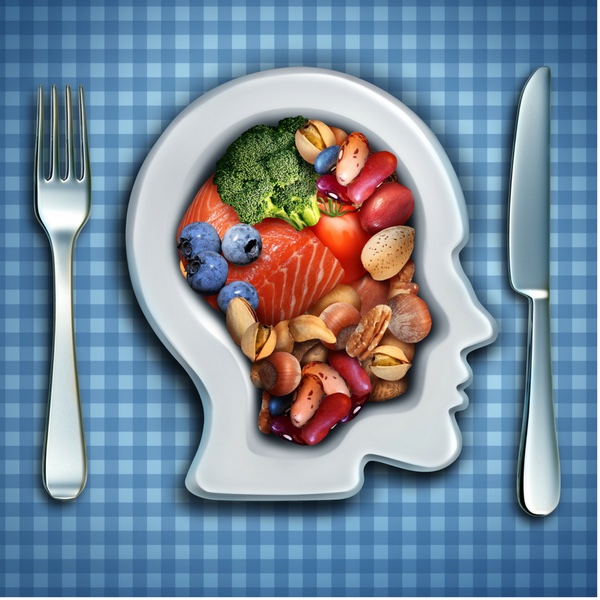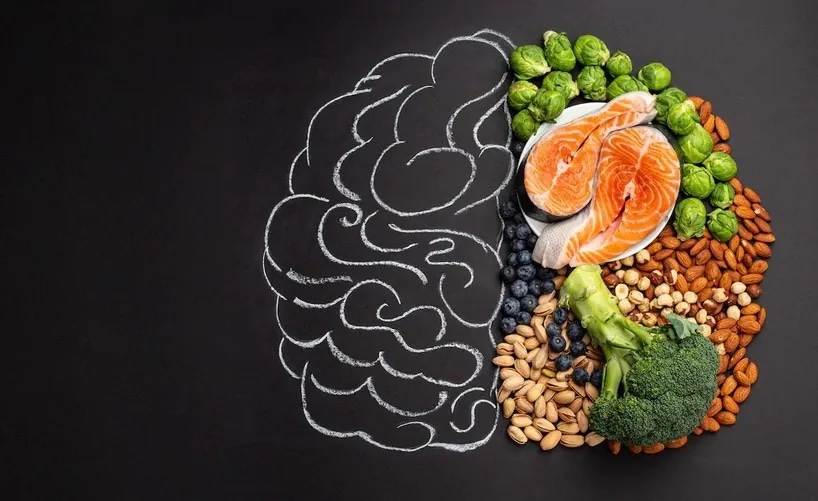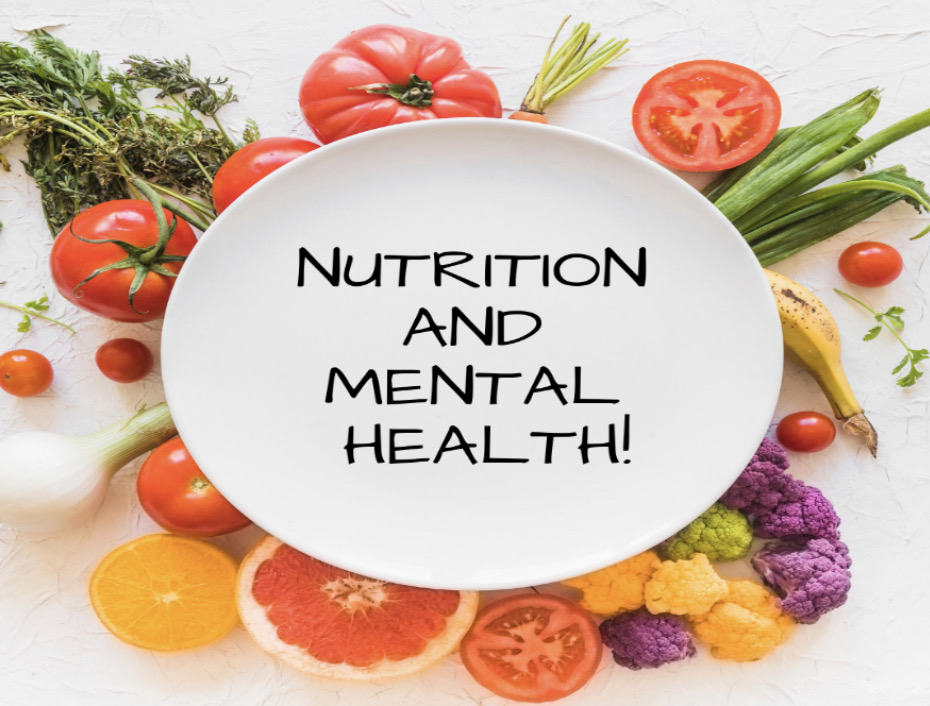Ever thought about the fact that what you eat directly affects the way you feel?
We’ve all turned to donuts and ice cream when we are feeling down, only to find temporary relief and end up crying into the Ben & Jerry tub afterwards. Why is it when we are on holiday and eat the fresh fruits from the buffet, fresh fish and farm to table vegetables we feel so much fitter and happier?
Thats because your diet can have a huge impact on your mental health. Mental health is a broad term used for a number of conditions such as stress (acute or chronic), anxiety, sleep disorders, depression and neuro inflammation just to name a few. Most people experience some level of stress in their lives so it’s important to ensure your mental and physical mechanisms for combatting mental health are as robust
as possible. Much research has been conducted into the direct relationship between diet and mental health (gut-brain axis), it provides an opportunity to target microbiome health to improve brain function, mood and behavior.

What is the Impact of Poor Mental Health
Over time, poor mental health or increased levels of stress where your body constantly lives in the ‘fight or flight’ mode leads to increased levels of cortisol, which in turn activates a variety of immune cells leading to an overproduction of free radicals. Free radicals are unstable molecules that cause damage to cells which may lead to progression of disease and aging. In other words, mental health can affect the equilibrium (or balance) of the body, increase risk of chronic disease and thus affect quality of life.
There is a reason why doctors are continually reminding us to watch our stress levels and warning us about the consequences of poor mental health. It seems futile to eat healthy every day but being constantly be managing high amounts stressed and in a state of anxiety, one could argue that poses more risk to your overall health than any box of donuts ever could!
How Can Nutrition Help Mental Health?

There are many ways a healthy eating pattern can improve mental health. Eating a well- balanced diet of whole foods provides all the vitamins and minerals to reduce unnecessary inflammation (anti-), reduce free radicals (antioxidant), regulate the immune system (reduce sensitization), support favorable gut bacterial growth (microbiome modifying) and adopt lifestyle changes to reduce risk of disease through possible gene predisposition (epigenetic modification.) So, what foods and dietary patterns should you adopt and which ones should you avoid?
The Mediterranean Diet is well documented for the benefits of both physical and mental health because it is comprised of whole foods (quality, fresh produce) that are rich in nutrients, antioxidants and fiber. It is also comprised of limited amounts of processed and refined foods which negatively affect the microbiome and inflammatory response. Diet, therefore, allows us to therapeutically target some of the mechanisms to reduce mental health risk.
Ways to Improve Your Nutrient Profile

Variety of vegetables and fruits:
Ensure you incorporate a wide variety of fruits and vegetables in your diet so you consume a greater range of vitamins, minerals, fibre and antioxidants. If you eat the same vegetables and fruits every day, you are limiting your nutrient profile which means you’re not getting all the nutrients your body needs. A lack of vegetable diversity has been shown to affect brain function.
Legumes:
Legumes include beans, lentils, peas and some nuts; these are rich in nutrients and high in
fiber. Adequate fiber improves microbiome health and supports toxin elimination.
Wholegrains (unrefined and unprocessed grains):
Wholegrains such as brown rice, wholegrain pasta and breads are a great way to incorporate more fiber and protein and are rich sources of B-vitamins, minerals and antioxidants.
Healthy fats:
Omega-3 is involved in balancing the inflammatory response. It’s found in oily fish, nuts, extra virgin olive oil, flaxseed and some green leafy vegetables. The Standard Western Diet can increase the ratio of omega-3:omega-6 up to 1:25 which promotes inflammation so by consuming a well-balanced diet with quality omega-3 containing foods, a ratio of 1:4 can be achieved.
Low quantities of meat:
Lean, high quality animal protein contains many nutrients such as B-vitamins, iron and selenium however it also contains saturated fat and no fiber, antioxidants or phytonutrients. Consume smaller amounts and incorporate plant-based protein to boost your protein intake if you don’t feel satiated. Some common deficiencies have been associated with mental health such as magnesium, omega-3, folic acid, alpha tocopherol and B-vitamins. It is important to note that the synergistic effect of food from balanced meals using whole foods (i.e. eating patterns and food quality) tends to be a more reliable risk predictor than supplementing with a particular nutrient.
By targeting and improving your nutrient profile it can support some of the mechanisms for improving your mental health…improve gut health and reduce inflammation, time to make a great start!





